David Attenborough didn’t start out trying to save the world—he was simply trying to show it. Over seven decades, his voice moved from curious commentary to a rallying cry for the environment. Here’s how his tone, focus, and influence transformed through pivotal moments in his remarkable career.
Landing the Role on Zoo Quest by Accident
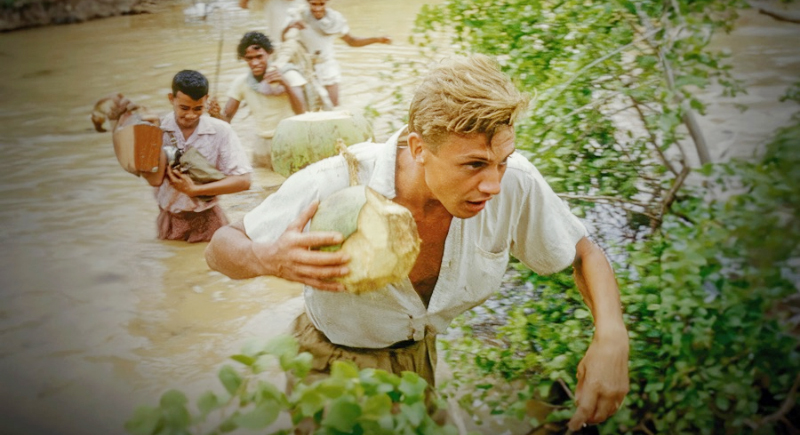
Attenborough’s on-camera debut happened by chance. When the original host of Zoo Quest fell ill, he stepped in. Early on, the approach felt more like a collector cataloging curiosities than a conservationist. It was the beginning of his lifelong relationship with nature on screen.
Treating Wild Animals Like Specimens
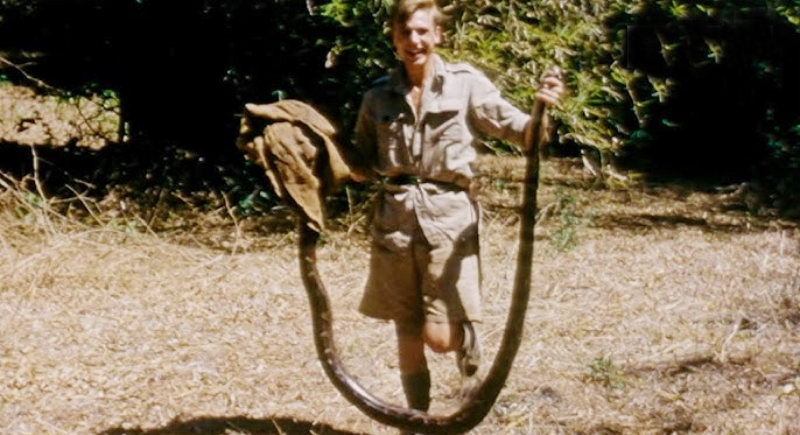
In Zoo Quest, animals were captured and transported to zoos—a practice that aged poorly. The show mirrored the colonial mindset of its time, where animals were commodities to be collected. Attenborough later acknowledged the ethical missteps, and his future work would adopt a different approach.
Turning Paleobiology Into Prime-Time TV

Life on Earth in 1979 broke from the usual safari-style nature documentaries. It connected evolution, fossils, and zoology into one cohesive narrative that captivated audiences. Attenborough explained how life unfolded across billions of years, introducing science with clarity and drama that kept people tuned in every week.
Setting the Standard With Blue-Chip Documentaries
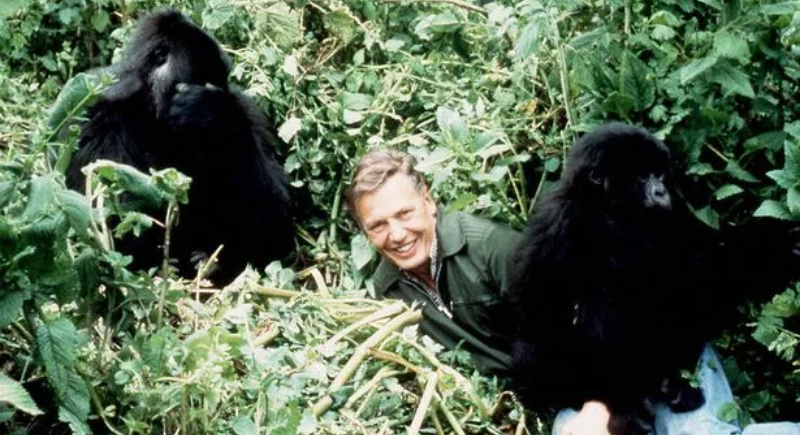
The Life on Earth format helped launch what the BBC would call “blue-chip” natural history films. These were big-budget, visually ambitious, and globally focused. Attenborough’s influence would ripple through every major wildlife series that followed, both in the UK and worldwide.
Catching Criticism for Skipping Climate Warnings
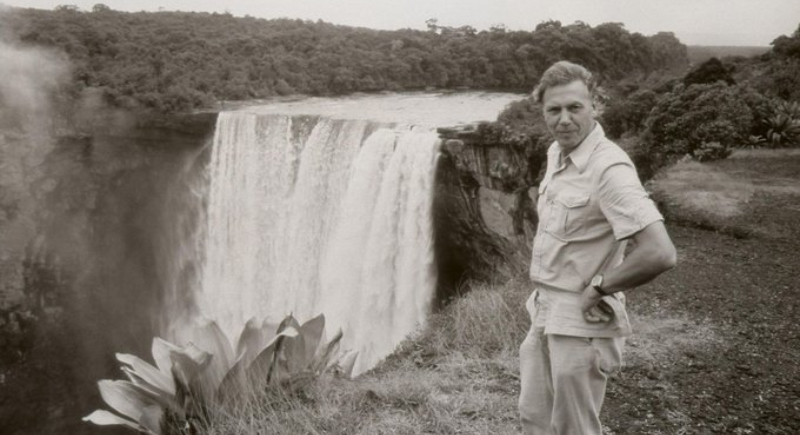
For much of his career, Attenborough avoided talking about environmental destruction. Critics like George Monbiot pointed out that his documentaries often showed pristine wilderness but ignored how humans were changing it. This feedback eventually landed and prompted a shift in his storytelling to include more profound commentary on ecological damage.
Switching Gears With Blue Planet II
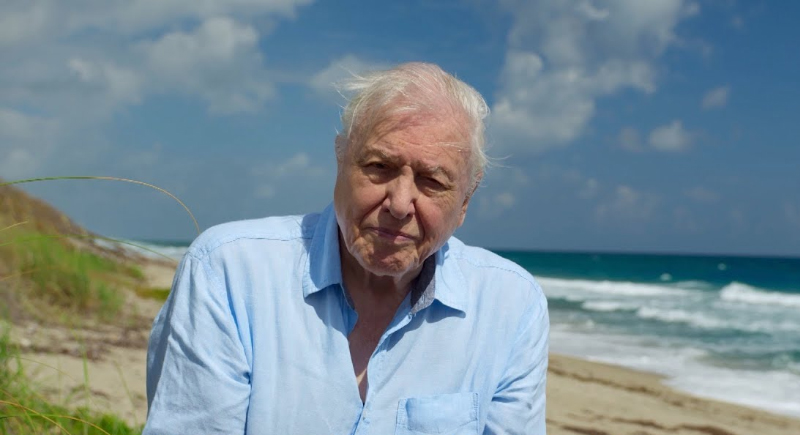
When Blue Planet II premiered in 2017, it had a more urgent tone. While the marine life was stunning as ever, the series didn’t shy away from the toll of plastic pollution. Attenborough was drawing attention to a crisis.
Influencing Behavior—But Only Partially
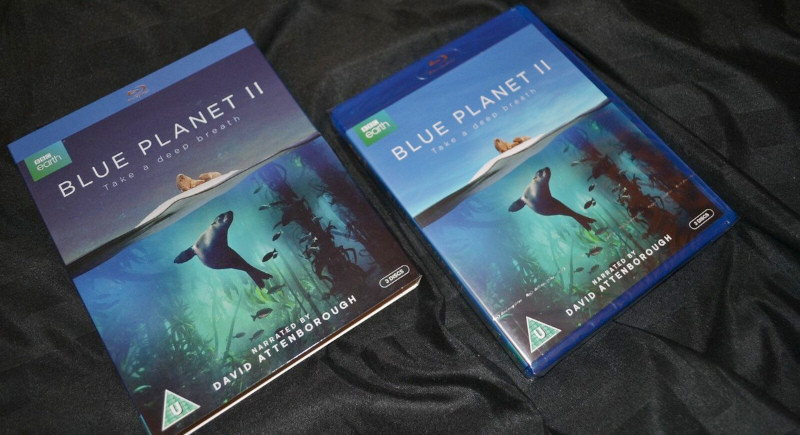
Despite Blue Planet II’s powerful message, research showed it didn’t lead to widespread behavioral change. Viewers became more informed, but didn’t dramatically reduce their plastic use. This was a sobering reminder that documentaries can inform and inspire, but policy and infrastructure also matter for real-world action.
Going Local With Wild Isles
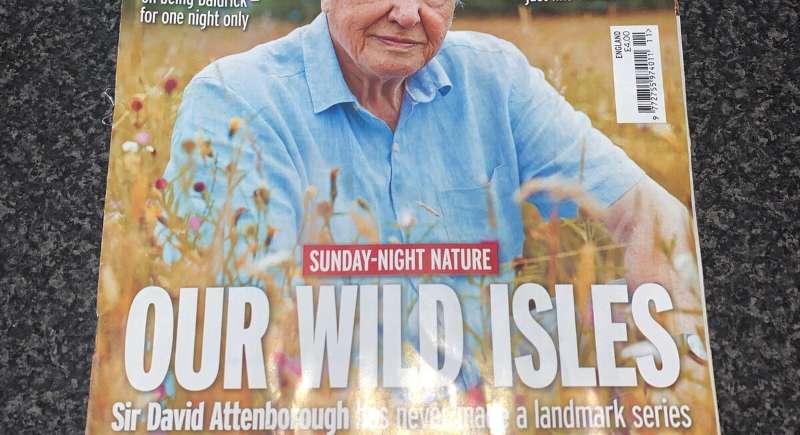
Attenborough brought his lens closer to home with Wild Isles in 2023 by focusing on the UK’s own wildlife. A separate episode called Saving Our Wild Isles took an even bolder conservation stance. Although some accused the BBC of sidelining it for being political, it tackled issues head-on.
Getting Political at Climate Summits
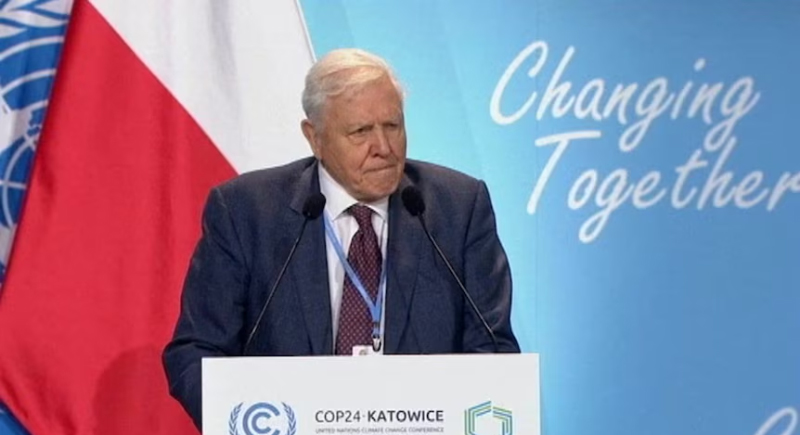
Attenborough began stepping into public forums like the UN’s COP24 climate summit. There, he addressed leaders not with technical jargon, but with straightforward urgency. His speeches resonated because people trusted him.
Learning From His Critics
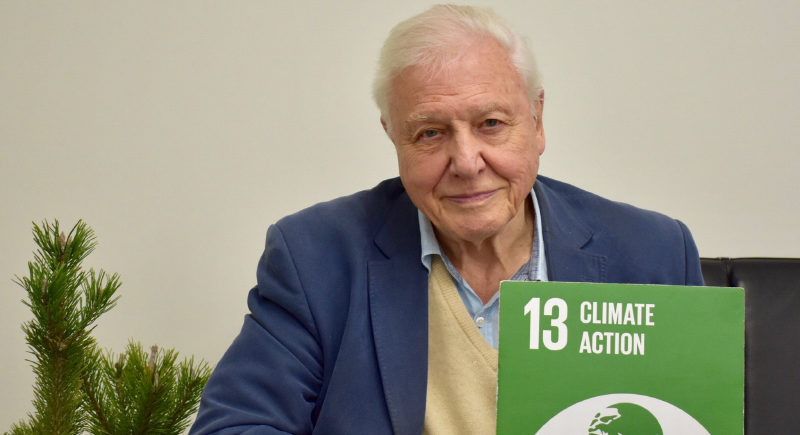
One of the most telling shifts in Attenborough’s career is that he took critique seriously. When people said he wasn’t covering environmental collapse enough, he listened—even in his nineties. That kind of adaptability isn’t common in public figures, and it’s part of why his voice still resonates across generations.
Making Fossils Fascinating in Life Stories
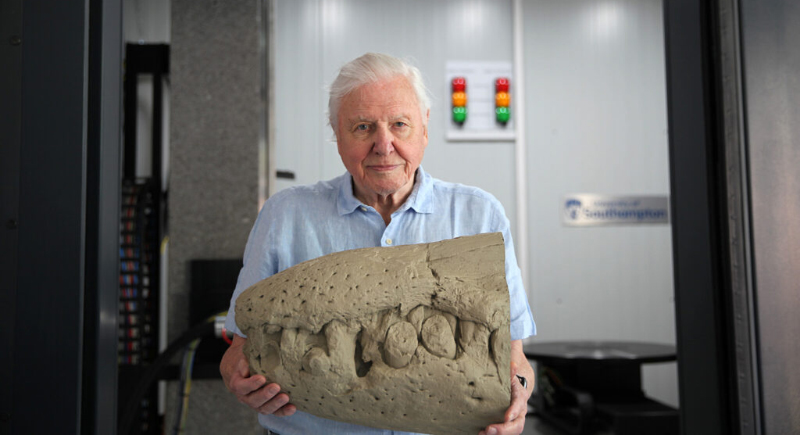
Attenborough didn’t just stick to living creatures. In series like First Life and David Attenborough’s Life Story, he focused into the fossil record with surprising energy. These programs told the drama of evolution with movement, mystery, and the occasional dino-related cliffhanger.
Creating Emotional Connections, Not Just Facts
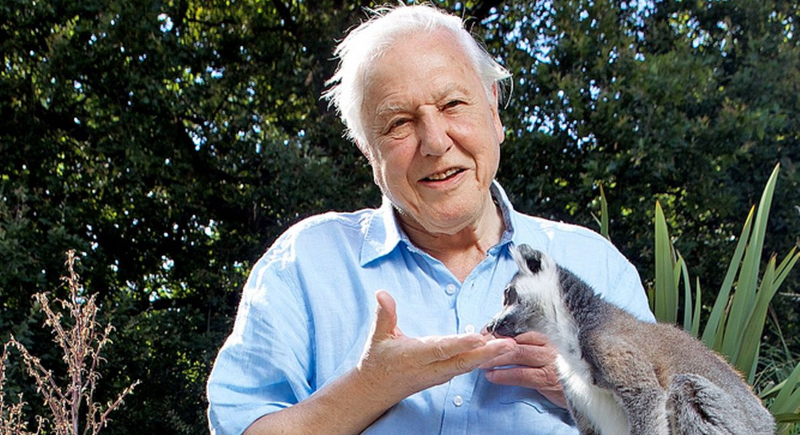
Facts matter in Attenborough’s work, but so does feeling. Scenes showing a baby bird fed plastic or a polar bear trapped on thinning ice were emotional moments. He knew when to step back and let the visuals speak. That pause created space for viewers to absorb and reflect.
Speaking Directly in Ocean
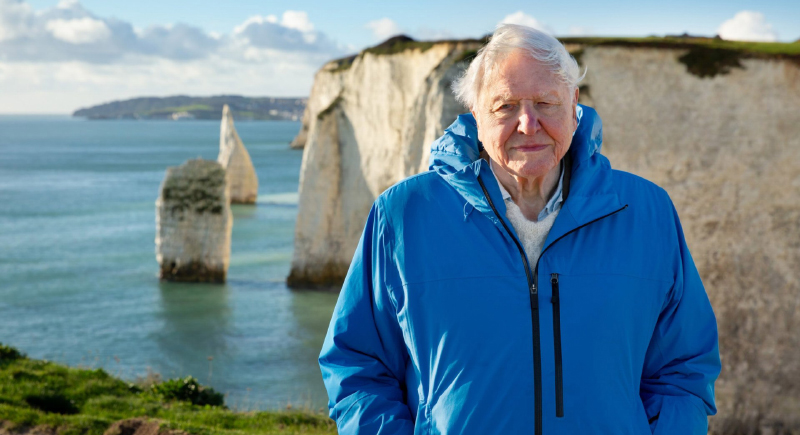
Ocean may be Attenborough’s clearest call yet. Rather than marveling at coral reefs, he confronts their bleaching. The voice is still familiar, but now it cuts deeper. He speaks plainly about damage, loss, and industrial harm to marine ecosystems.
Becoming an Unofficial Environmental Diplomat
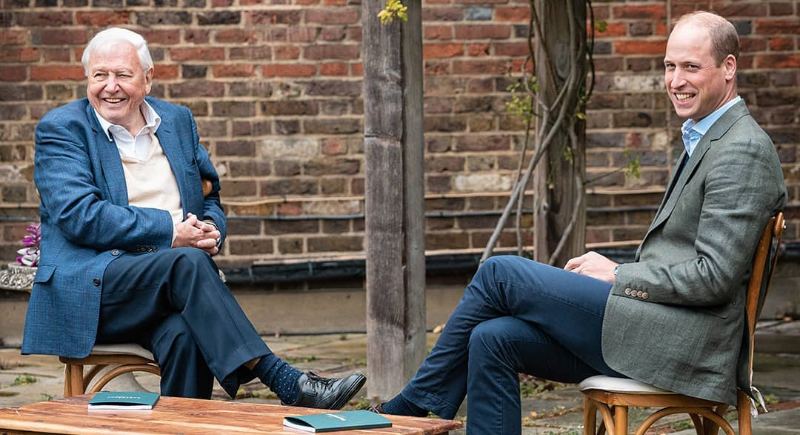
Without holding political office, Attenborough became a sort of statesman for the environment. He has a voice that’s recognized and trusted worldwide and has turned public attention into political pressure.
Ending With Urgency, Not Optimism
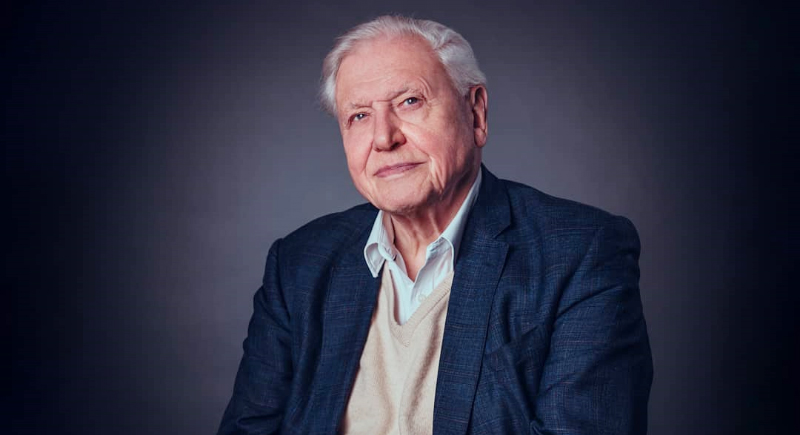
What once was soft narration now closes with a challenge. In Ocean, Attenborough ends by saying, “If we save the sea, we save our world.” After decades of inviting us to look, he’s now asking us to act—and to do it fast.